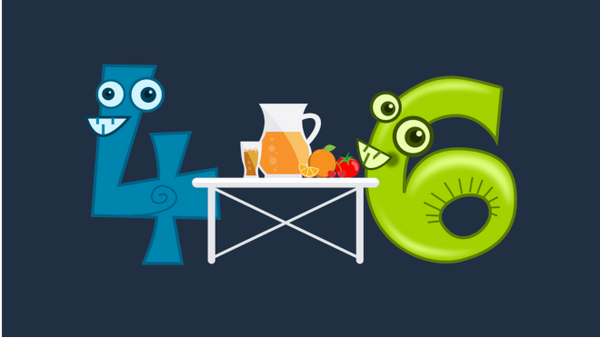One of the questions investigated on a higher education or university course is: What are numbers? It is an interesting question because, if you think about it, we do not ever touch, feel, hear, see or smell numbers. Yes, we touch and see, feel, hear and smell things and may count or measure them, but that's about it!
Numbers happen to be pretty mysterious things because, apart from counting or measuring, they are not met through the five senses. Students in higher education may study theories about what numbers are. There are different kinds of numbers such as rational numbers and irrational numbers. And, there may be various different theories attempting to explain what these numbers are.
Students and their lecturers may argue and write essays on the subject of number theory or theories, but rarely would we read about these conversations in the newspapers. The daily papers are all about things, places, events and people. Has anyone ever seen the picture of a number, unless we are talking about the numerals themselves?

The teacher who teaches our children at school in the twenty first century would be acquainted with set theory and probably think of numbers as sets. For example, the number 1 is a set which has one member, the number 2 is a set that has 2 members and so on. The number 0 would be a set that doesn't have any members. When we add 1 and 2, we are then putting the set of 1 and the set of 2 together and getting a set with 3 members. And, so on.
A set is an abstract concept. So, it is likely that school teachers think that numbers are abstract concepts, whether they have studied number theory courses at university level or not. Thinking of numbers would then be, in a way, like thinking of equality, justice and beauty. We can come up with many examples, but we do not, like numbers, touch or feel or hear or see or smell equality as such, or justice as such or beauty as such. But, we may touch and see, feel, hear and smell objects and people who are beautiful or communities that are just and practice equality.
'What is a number?' is hardly going to be a question raised before children reach the age of attending higher education. Before that time arrives, they work with numbers: in other words, they do mathematics. And, neither they nor their teachers get the time or opportunity to ponder what mathematics is about.
And, doing mathematics involves learning rules and manipulating rules. Children learn how to add and subtract; how to multiply and divide. And, once a rule is learned, they feel that if they apply the rule incorrectly they will get a wrong answer. They start fearing the possibility of making mistakes. In addition to this fear of failing, there is the problem that the rules parents and carers were taught when they were in school may be different from the rules their children are learning at school now.
Some schools are inviting parents and carers to learn their schools' methods in teaching and learning mathematics. They are printing booklets with examples of addition, subtraction, multiplication and division strategies so that parents and carers are aware of how the school is teaching their children to do mathematics.

Why? Because it is important to understand how the rules work. The rules parents use for doing long multiplication or long division may be different from the rules their children are learning. If we can try to understand what makes the rules work, then we can bridge the gap between the generations and also enjoy doing mathematics together.
The challenge is finding ways to develop learners' understanding of mathematics while they are solving problems in primary or secondary education, before they get to attend university courses, while at the same time empowering parents and carers so that they can learn new methods of doing mathematics.
For more info please visit www.talktogetherlondon.org and Get in Touch.


